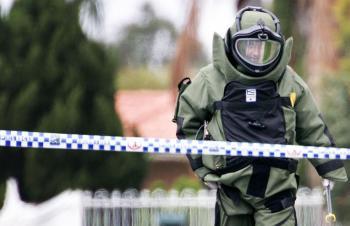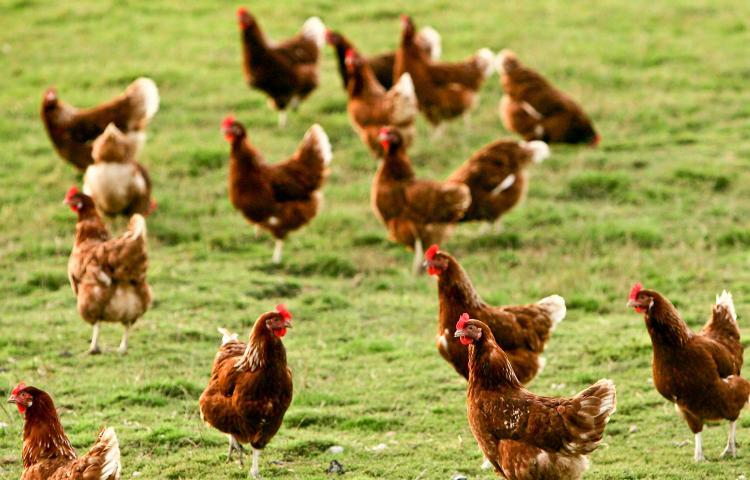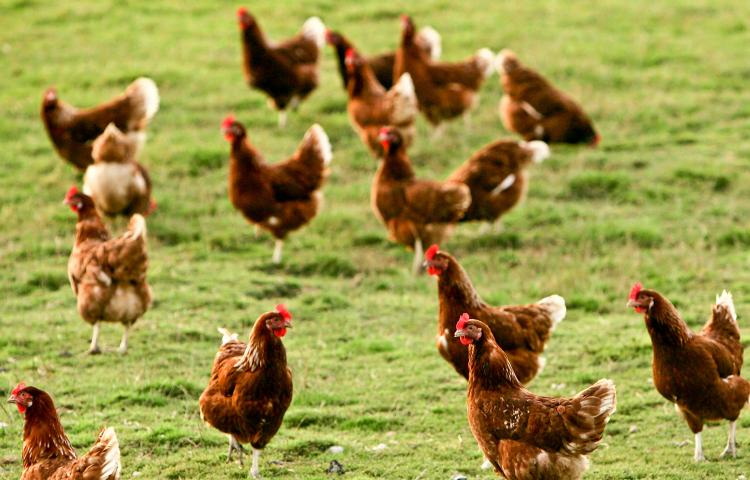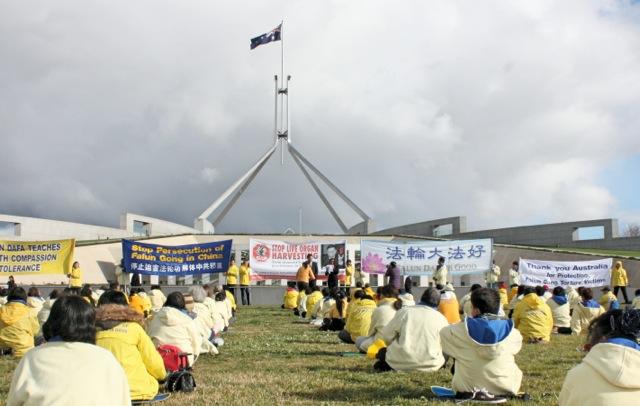Labeling Misleading in Animal Derived Foods, Australia
Consumer watchdog CHOICE is also calling for a national definition of “free-range,” saying that there is too much variation in the labeling.

A bomb disposal officer walks down Wilson Street in Green Valley Nov. 8, 2005, in Sydney, Australia. Ian Waldie/Getty Images
|Updated:




